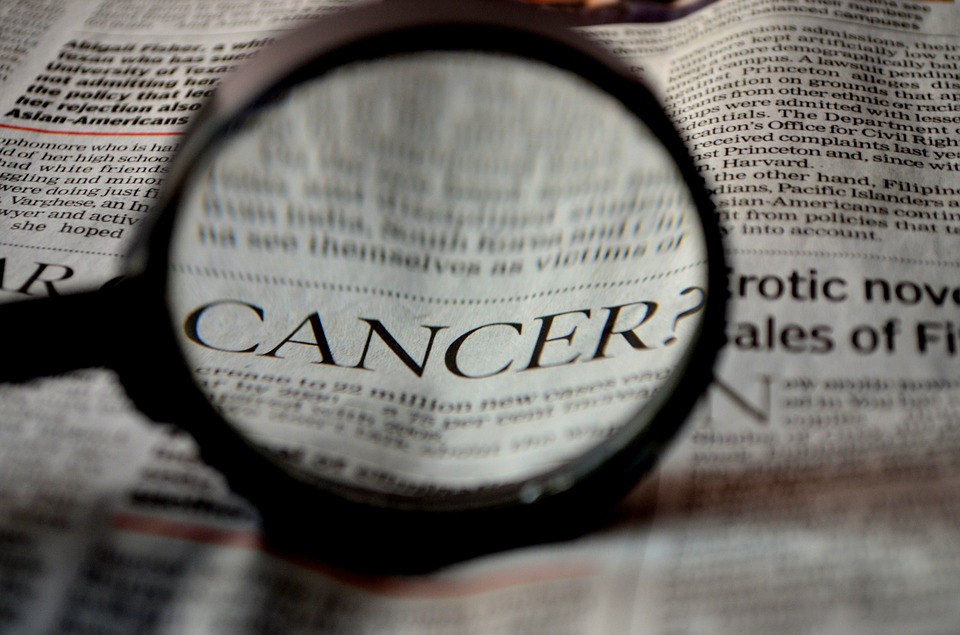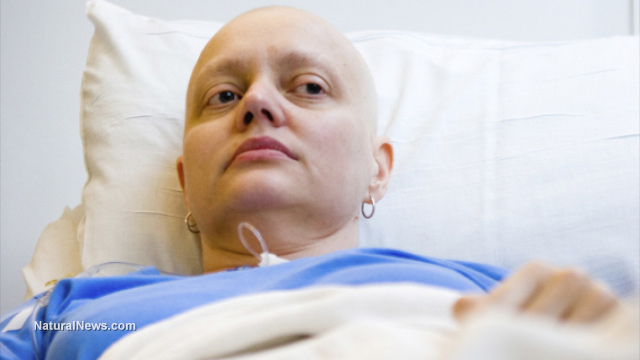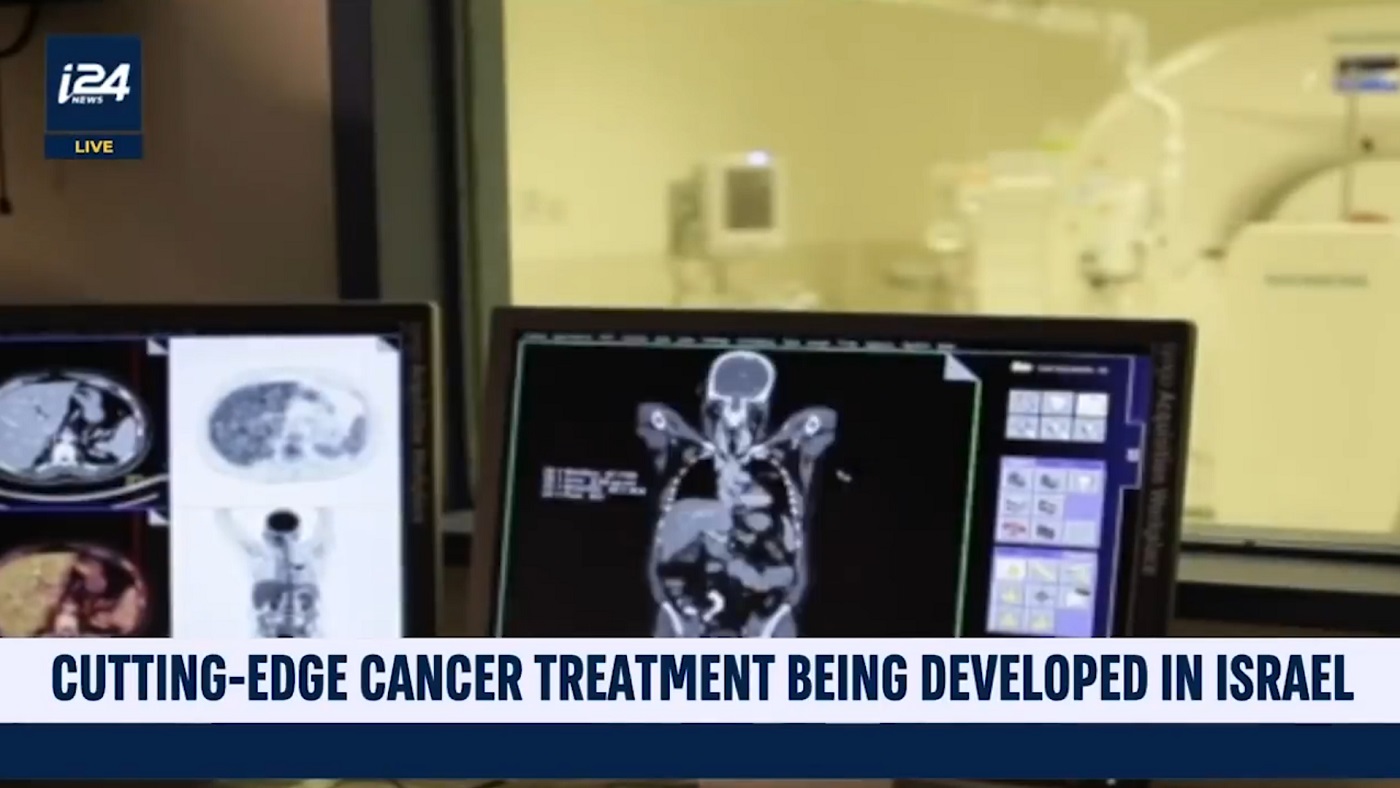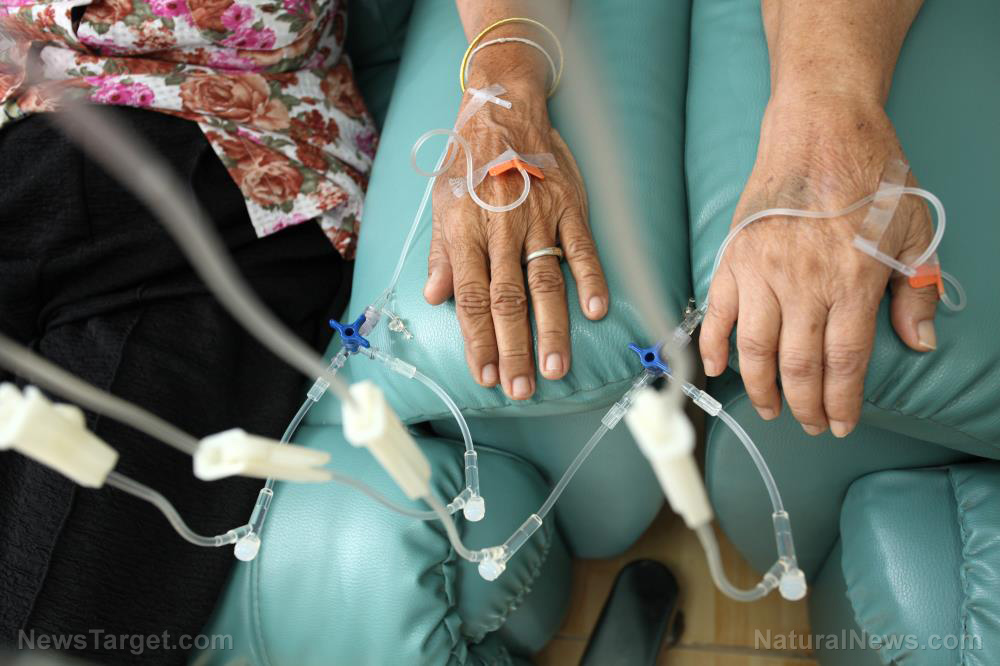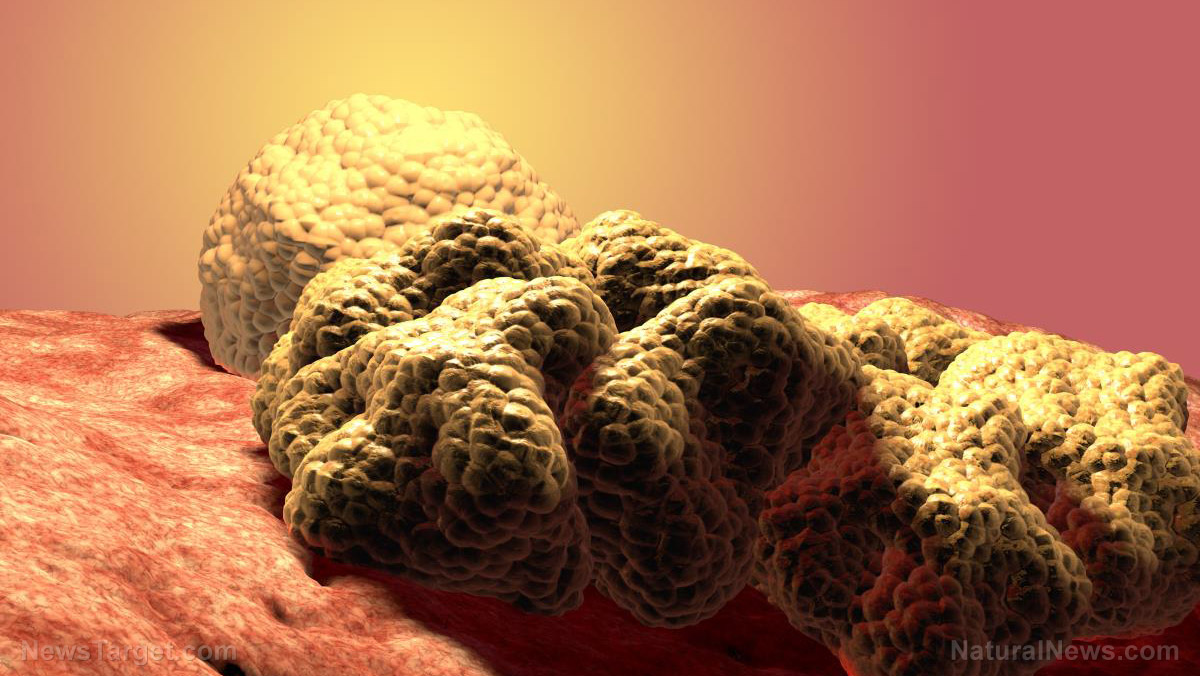Breakthrough procedure allows women to get pregnant after surviving toxic chemotherapy
03/17/2019 / By Rhonda Johansson
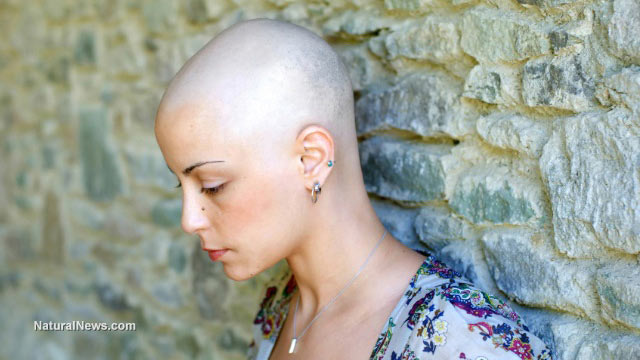
A New York fertility doctor has created a new groundbreaking procedure that could make it easier for female cancer survivors to get pregnant naturally. Chemotherapy, the most popular treatment for cancer, can interfere with various functions of the body, even after the patient has stopped the treatment. In an attempt to rid the body of malfunctioning cells, chemo may inadvertently damage healthy tissues. In particular, women who undergo the treatment are often faced with infertility. Surviving cancer patients typically have to undergo painful and expensive in-vitro fertilization treatments in order to get pregnant.
However, a new technique has been developed that could change all of that. Similar to a skin graft, slices of a woman’s ovarian tissue containing eggs are collected before beginning chemotherapy. After the treatment, when the patient is deemed “cancer free” the tissue is then transplanted back into the ovary. The doctor spearheading the project, Dr. George Kofinas says that “demand for this service is projected to be very high. We have an ever-growing number of cancer survivors that come to us now and their ovaries have been completely destroyed by chemotherapy and other kinds of treatment, and we can’t help them unless we use donor eggs.”
If this procedure is approved as a viable fertility option, it could significantly reduce the waiting time between chemotherapy and trying to conceive. Women are typically advised to wait two to five years before trying to have a baby in case of remission. However, Dr. Kofinas is confident that this new procedure would allow women to begin trying to conceive much sooner.
To date, the only place in America where this new procedure has been performed is the Infertility Center of St. Louis in Missouri.
Chemotherapy and its effects
It is crucial that cancer patients are aware of all the pros and cons of chemotherapy. The touted “life-saving” cancer treatment has taken the lives of more than 16.3 million people since 2000. This is more than terrorism, suicide, and war combined. Chemotherapy works by killing cells that are in the process of dividing. As a consequence, the procedure takes a toll on multiple body processes.
Chemotherapy drugs place an extraordinary amount of strain on the kidneys and liver, making them work extra hard to process these synthetic materials. In fact, several studies have proven that chemotherapy treatment can lead to acute renal failure. Kidneys are unable to perform their vital function of filtering out waste from the blood properly. Consequently, patients with kidney damage are often weak and exhibit problems urinating. At its worst, patients may even notice blood in their urine.
The drugs also disrupt the central nervous system, causing problems with memory and concentration. This is called “chemo fog” or “chemo brain”. The changes in cognitive function are very subtle but build over time. It can reach a point where the patient’s quality of life is severely reduced. Patients are no longer able to perform normal, everyday activities and typically have to rely on their caregivers. The most common symptom of chemo brain is excessive tiredness. Most cancer patients say that symptoms improve within a year of ending treatment. Nevertheless, there are some that complain of a chemo brain years after treatment has finished.
Cardiac toxicity may also occur. Remember that chemotherapy injects harmful chemicals into your system that kill dividing cells. One side effect is that normal dividing cells around the heart can also be killed. The cancer treatment can weaken the heart muscle leading to irregular cardiac rhythms. Chemotherapy can also lead to inflammation of the heart. Damaged blood vessels reduce the blood flow to the heart, increasing the risk of chest pain or heart attack. Severe congestive heart failure can be life-threatening. Sadly, the effects of cardiac toxicity are not seen until they are severe.
Sources:
Tagged Under:







